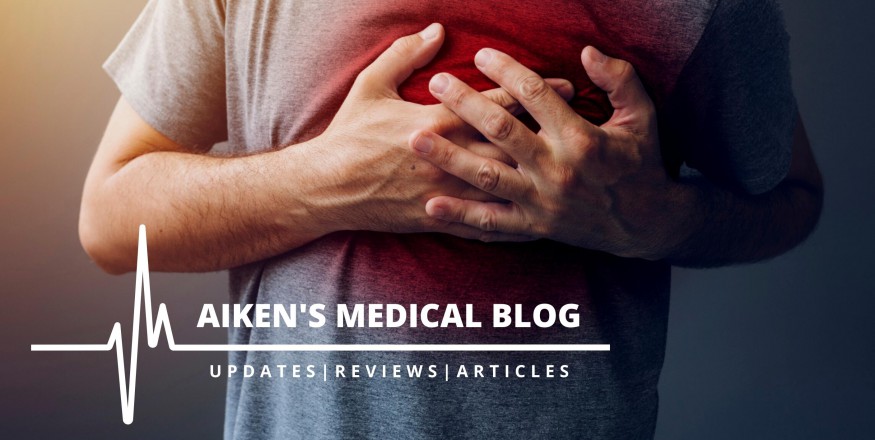.jpg) x
x
Alcohol is a psychoactive substance widely consumed worldwide, often in social settings. While moderate alcohol consumption has been associated with potential health benefits, such as a reduced risk of heart disease, alcohol can also negatively affect the body. These effects can range from short-term cognitive and motor function impairments to long-term health problems, including increased risk of certain cancers, liver disease, and cardiovascular disease.
One of the immediate effects of alcohol consumption is cognitive and motor function impairment. Alcohol interferes with the brain's ability to process information and make decisions, leading to impaired judgment, memory, and coordination. This can increase the risk of accidents and injuries, such as falls, car crashes, and assaults.
Heavy alcohol consumption over an extended period can lead to several adverse health outcomes. Chronic alcohol abuse has been linked to an increased risk of developing certain cancers, including breast, colorectal, and liver cancer. Alcohol can also cause liver damage, including fatty liver, alcoholic hepatitis, and cirrhosis. Additionally, alcohol has been linked to an increased risk of cardiovascular disease, including high blood pressure and stroke.
If an individual decides to stop drinking alcohol, there can be both immediate and long-term health benefits. In the short term, stopping alcohol consumption can improve cognitive function, coordination, and judgment. Eliminating alcohol consumption can reduce the risk of developing certain cancers, liver disease, and cardiovascular disease. Additionally, individuals who stop drinking may experience weight loss, improved sleep, and improved mental health.
It is worth noting that moderation is essential regarding alcohol consumption. While there may be some potential health benefits to moderate alcohol consumption, the adverse effects of heavy alcohol use far outweigh any potential benefits. If you are concerned about your alcohol consumption, it may be helpful to speak with a healthcare provider or seek support from resources such as Alcoholics Anonymous.
ns 15.158.61.19da2





















